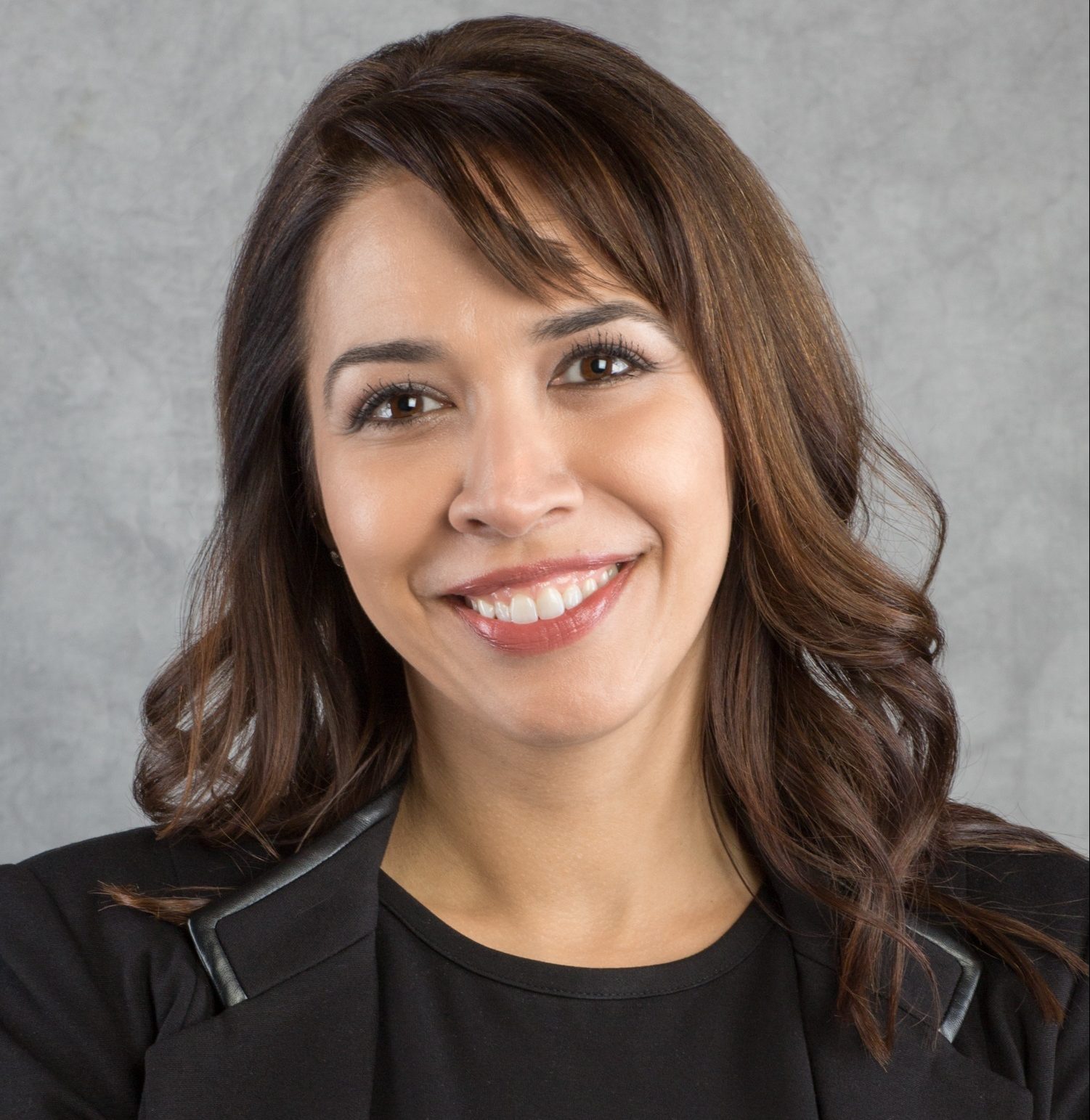In this ever changing world, information technology is one of the fastest growing industries. Its very core definition is to use computers to store, retrieve, transmit and manipulate data or information. More and more companies are using data to reshape their overall business model. This leads to a very productive bottom line, which translates to a positive effect for their consumers. With new age technology trending and evolving, there is also a growing demand for business professionals to lead the tech industry into a progressive direction. At Industry Rules, we tend to highlight those who are noteworthy in their respective industry. Monika Kumar is one of those specialized and talented professionals.
Monika Kumar is the Group Vice President for International Data Corporation’s (IDC) Customer Insights & Analysis group. IDC is the premier global provider of market intelligence, advisory services, and events for the information technology, telecommunications, and consumer technology markets. Monika’s responsibility includes managing a portfolio of global data products called the Spending Guides, including the 3rd Platform, Innovation Accelerators, and the Core IT Spending Guides. Before she became Group VP, she was a Consulting Manager for IDC’s Vertical Consulting group where she developed and directed custom research and consulting engagements focused on helping organizations develop market entry strategies and improve their sales planning efforts. Ms. Kumar took time out of her busy schedule to discuss her career with Industry Rules.
AF: What inspired you to get into the field of information technology research?
KM: My career began in the financial services industry as a portfolio analyst. What I liked about that industry is learning about data and information that is needed to make investment and portfolio management decisions. At the time, my industry was a laggard in terms of technology adoption and its core systems were decades old and hard to update. There were a lot of manual processes and the latest information was always a day old. That frustrated me and also sparked my interest in learning about technology and its application specifically to financial services. However, I didn’t really have any background in technology other than a few courses in computer science. That was enough to get me a big opportunity to work as a consultant for one of the “big four” consulting firms that enabled me to learn about the application of technology and its transformative impact on virtually any industry and aspect of life. I really loved my years in IT consulting and received so much valuable training. After years of spending time on the implementation side, I finally made a big move to IDC – a technology research company. My current role focuses on transformative technologies such as artificial intelligence, robotics, blockchain, across a variety of industries.
AF: Can you explain “Spending Guides” and how it’s associated with consumers?
KM: The Spending Guides are a portfolio of forecast data products that I launched in early 2016 at IDC. They are aimed at delivering a “one stop shopping” experience for IT suppliers, industry players and financial firms by providing global adoption forecasts for transformative 3rd platform technologies such as Artificial Intelligence, Augmented and Virtual Reality or Robotics that are enabling the digital transformation of companies across the globe. The Spending Guides provide deep segmentation at a geographic level and allow clients to pinpoint opportunities to penetrate new growth areas. They help answer the questions of ‘why’ and ‘how’ buyers are purchasing 3rd platform technologies and add a layer of guidance to the numbers. They provide advice about where to allocate sales and marketing resources, tell suppliers which products will be hot and in what industries, and they show where use cases are taking off.
AF: What was the most challenging project you ever worked on? What were the unforeseen setbacks and accomplishments you discovered during that process?
KM: Every project I have worked on has been a challenge in some way and taught me valuable lessons but launching a global product line and getting buy in from all partners was probably my biggest. I was given a mission to launch a company-wide product – having all the responsibility and very little authority outside of my own team. I soon realized that getting people to collaborate was easy but to work long-term towards a goal and vision that was hard to grasp in terms of “what’s in it for me” was very hard. I learned that explaining the “why” behind something and making people see the impact and importance of their contribution towards a big goal was the most important motivator. I learned that inspiring people and helping them see your vision is the key to making most projects succeed.
AF: What does the future hold for technology?
KM: I think the transformative nature of technology is already very apparent even when we consider just the application in our everyday lives. We don’t need to look hard to see that technology has dramatically changed the way we communicate, shop, travel, learn, make healthier decisions, etc. I think that from now on, innovation will multiply at an even faster pace. I believe the use and infusion of artificial intelligence and machine learning will have the most dramatic impact on enterprises and society in the next decade. It will change how everyday decisions are made in the home and in every industry from healthcare to retail. While the application of AI is really interesting, I think the moral, ethical and legal aspects will be far more important for consumers to consider.
AF: You have a minor in International Law. Is that another career path you want to explore in the future?
KM: I am not sure there is a future for me in international law even though I dreamed of working for the U.N and having a career in human rights law. I chose to study international law because conflicts between states, understanding diverse cultures and the impact of geography on the balance of power always fascinated me. While I didn’t make a career out it, I have no doubt that having a knowledge of laws and diverse cultures is a critical skill that has benefitted my overall career.
AF: What’s the next challenge in your life?
KM: I don’t really know what’s next just yet. I have realized that my career has always taken unexpected turns and each role was almost something I fell into. I had not planned to apply for a job as a consultant or go into research – it was something I decided to try to see if I liked it. But each of those decisions led to a major jump in my career and a big learning experience. So, what I’ve realized is that when the next major change takes place, I just need embrace it and try something new and never get too comfortable. That’s hard to do the older you get but it’s the key to growth.




